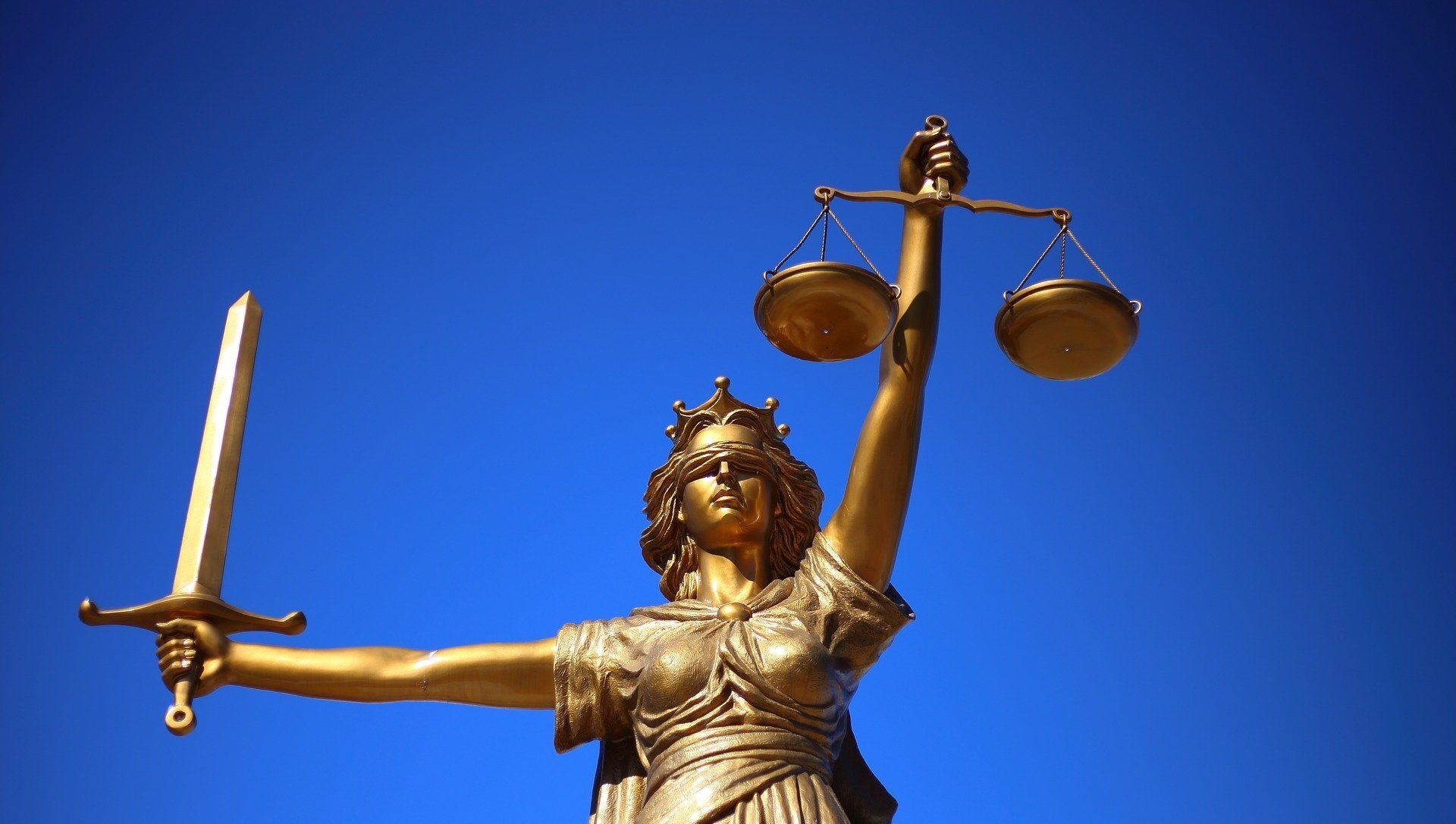Actor Ricky Tomlinson and the other members of the so-called Shrewsbury 24 have had their names cleared by the Court of Appeal but are still demanding a public inquiry.
The 24 trade unionists were arrested for a string of crimes allegedly committed during a national builders’ strike in 1972.
BREAKING: The Court of Appeal has quashed the convictions of Ricky Tomlinson, Arthur Murray and the Shrewsbury 24, who were arrested during the national building workers strike of 1972. They are now formally - as they always have been - innocent men. pic.twitter.com/zoxDgKvKid
— Marcus Barnett (@marcusbarnett_) March 23, 2021
All but two of them were convicted of unlawful assembly, conspiracy to intimidate and affray for picketing a building site in Shrewsbury in the English Midlands.
The Court of Appeal ruled that police had acted unlawfully in destroying original witness statements, the convictions were unsafe and there was no possibility of justice at a retrial.
On Tuesday 23 March the Court of Appeal allowed the appellants’ challenge to their convictions.
This is a great victory for the Shrewsbury 24 but hopefully not the end of their fight when a public inquiry’s needed into an establishment conspiracy against striking building workers. Ricky Tomlinson and Des Warren were jailed, Warren dying as a result https://t.co/m577prIF8h
— Kevin Maguire (@Kevin_Maguire) March 23, 2021
Tomlinson was a construction worker at the time but, after being serving time in jail for conspiracy to intimidate and affray, he found fame as an actor and star of the popular sitcom The Royle Family.
In a statement after the ruling, Tomlinson, said: “Whilst it is only right that these convictions are overturned, it is a sorry day for British justice. The reality is we should never have been standing in the dock.”
Tomlinson said: “We were brought to trial at the apparent behest of the building industry bosses, the Conservative government and ably supported by the secret state.”
“This was a political trial not just of me and the Shrewsbury pickets, but was a trial of the trade union movement,” he added.
The Court of Appeal ruled the broadcast of a TV documentary, Red Under The Bed, during the first of three trials in 1973 was “deeply prejudicial” and could have “provoked panic in the mind” of the jury.
Congratulations to everyone who worked so hard to get justice today. So glad all convictions have been overturned. God bless all the #shrewsbury24
— Ian Prowse (@IanProwse) March 23, 2021
Tonight I shall raise a glass to Dessie Warren, killed by the British state just for fighting for his class. pic.twitter.com/90JZvAjqmG
Chairing the appeal judges, Lord Justice Fulford said: “If the destruction of the handwritten statements had been revealed to the appellants at the time of the trial, this issue could have been comprehensively investigated with the witnesses when they gave evidence, and the judge would have been able to give appropriate directions.”
“By the standards of today, what occurred was unfair to the extent that the verdicts cannot be upheld,” he added.
The surviving members of the Shrewsbury 24 - some, like Des Warren, have died - have mounted a long campaign to clear their names.
They claim their names were put on a blacklist by construction companies who refused to employ them on building sites during the 1970s and 80s.


